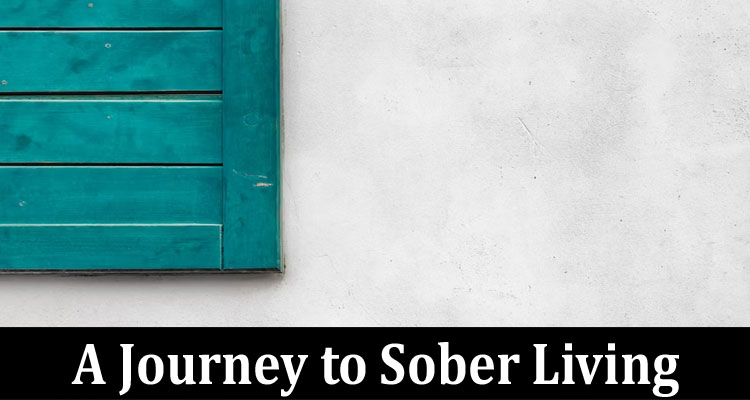Sober living is a lifestyle choice that is becoming increasingly popular among people of all ages, genders, and backgrounds. It is an alternative to the traditional partying lifestyle, and it involves abstaining from drugs and alcohol. This type of lifestyle can be incredibly beneficial, as it gives individuals the opportunity to find peace and balance in their lives. Sober living can also lead to better physical and mental health, improved focus, and increased productivity. It can also help to foster meaningful relationships and create a strong sense of community.
Addiction symptoms include cravings, increased tolerance for the substance of choice, and withdrawal symptoms when not using. It can also include behavior changes, such as neglecting responsibilities and engaging in risky behaviors.
Substance abuse is the excessive or compulsive use of drugs or alcohol, and it can lead to serious physical, mental, and social consequences. The fact that substance abuse can be treated is worth remembering. There are a variety of treatments available to help individuals recover from addiction. With the right support, those struggling with substance abuse can find hope and achieve sobriety.
For those struggling with addiction, transitioning to a sober lifestyle can be daunting. It is worthwhile to remember that recovery is a process, and it is appropriate to celebrate small successes along the way. Taking small steps towards a sober lifestyle can make the transition easier.
Create a support network
One of the first steps when transitioning to a sober lifestyle is to create a support network. Connecting with others on the same journey can provide a sense of community and belonging. You should also find activities you enjoy without drugs or alcohol. Participating in activities such as yoga, meditation, and exercise can keep individuals motivated and engaged in their sobriety. You should also practice self-care and take time for yourself. This could include reading, journaling, or creative activities. Finally, it is essential to seek professional help if needed.
Creating a sober living environment is also very necessary
This includes creating a home free of alcohol or drugs. It is also worthwhile to create boundaries with friends and family who still engage in these activities. If a friend or family member insists on drinking or drug use around you, it is wise to firmly express your boundaries. Detoxing from drugs and alcohol can be a difficult process, and providing a safe, supportive environment can facilitate the process.
Professional assistance is also recommended if necessary. There are many resources available to help with substance abuse, including support groups and addiction recovery centers. The most significant thing to remember is to be kind to yourself and take each day as it comes.
Sobriety is a journey, not a destination
In order to achieve sobriety, we must remember that it is a journey, not a destination. The present moment should always remain focused and mindful. When needed, it is also an excellent idea to ask for assistance. There are many resources available for those transitioning to a sober lifestyle, such as counseling, support groups, and 12-step programs. For those with more serious addictions, such as opioid addiction, medications such as methadone may be recommended to manage withdrawal symptoms and cravings.
Sober living is a lifestyle that can be rewarding and beneficial
It can provide individuals with peace and balance, as well as a sense of community. If you are considering transitioning to a sober lifestyle, remember that it is not an overnight process, but rather a journey. Finding a support system and activities you can enjoy without drugs or alcohol is crucial. In order to remain conscious and focused on the present moment, it is vital to remain mindful. Take time to appreciate the smaller moments in life, and let go of any worries or anxieties. Find joy in the simple things, such as spending time with family or nature. With a sober lifestyle, you can experience greater clarity, focus, and joy.
Bottom line
Avoiding triggers, such as the people you used to drink or use drugs with, as well as avoiding situations where alcohol is readily available, such as bars and clubs, can speed up the recovery process and ensure relapse. Taking up an exciting hobby or engaging in physical activities can also reduce cravings and relapse urges. Exercise releases endorphins and reduces stress, which calms the body and distracts from cravings.


